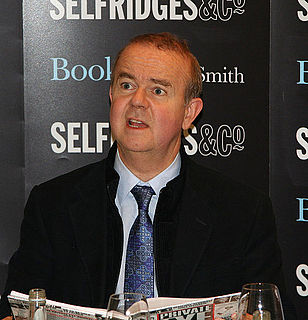A Quote by Simon Singh
When I attended a forum on libel reform at the British Academy in 2011, 20 figures ranging from law professors to leading libel law firm, Carter Ruck, from MPs to free speech groups, discussed the issue of corporations. There was unanimous agreement that there needed to be restrictions on the right of corporations to sue in libel.
Related Quotes
We're going to open up the libel laws. So when they write falsely, we can sue the media and we can get this story corrected and get damages. I would absolutely work to open up the libel laws. If you write something that's wrong, and at least, knowingly wrong but wrong, a person like me and other people can bring a lawsuits to have it corrected and to get damage.
But it is recognized that punishment for the abuse of the liberty accorded to the press is essential to the protection of the public, and that the common law rules that subject the libeler to responsibility for the public offense, as well as for the private injury, are not abolished by the protection extended in our constitutions. The law of criminal libel rests upon that secure foundation. There is also the conceded authority of courts to punish for contempt when publications directly tend to prevent the proper discharge of judicial functions.































